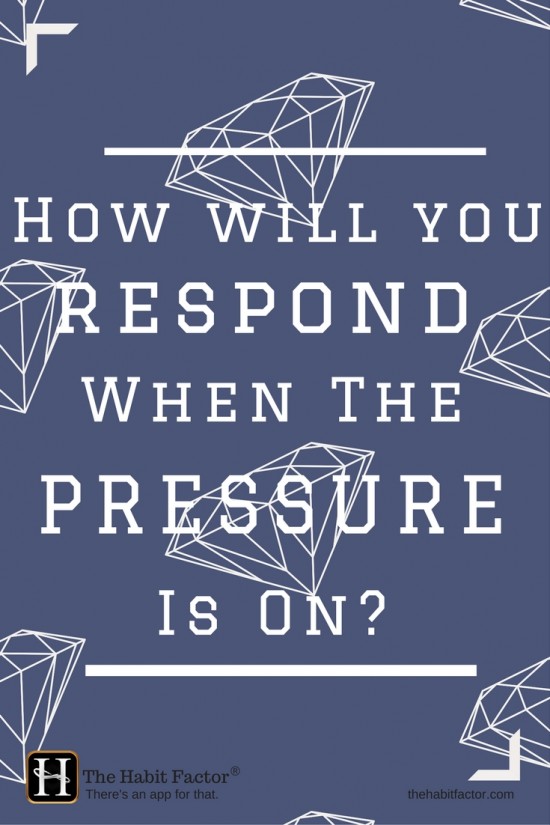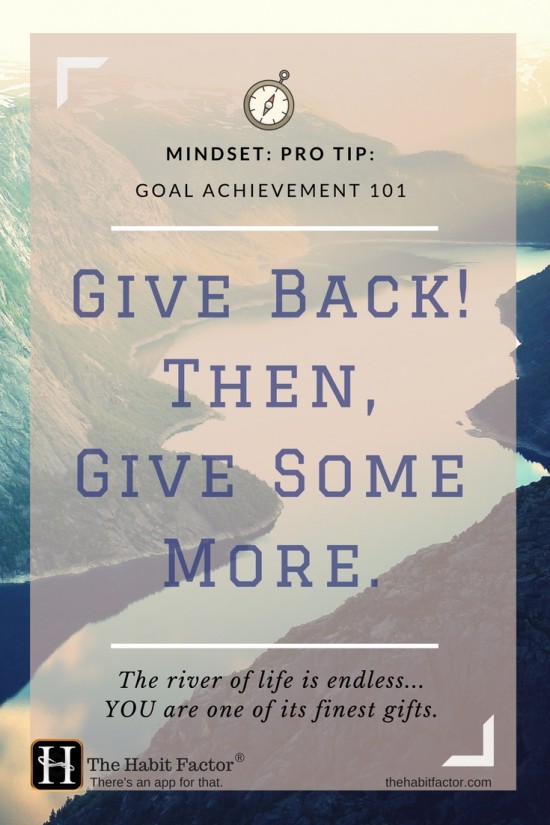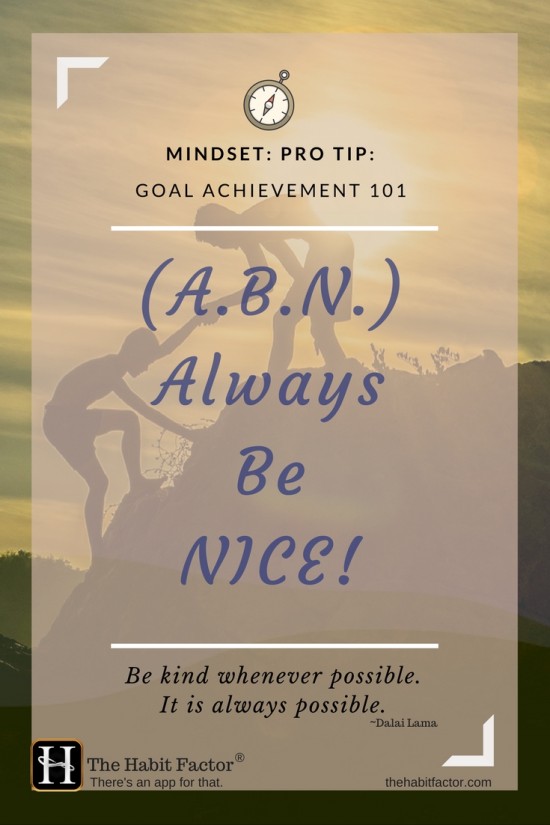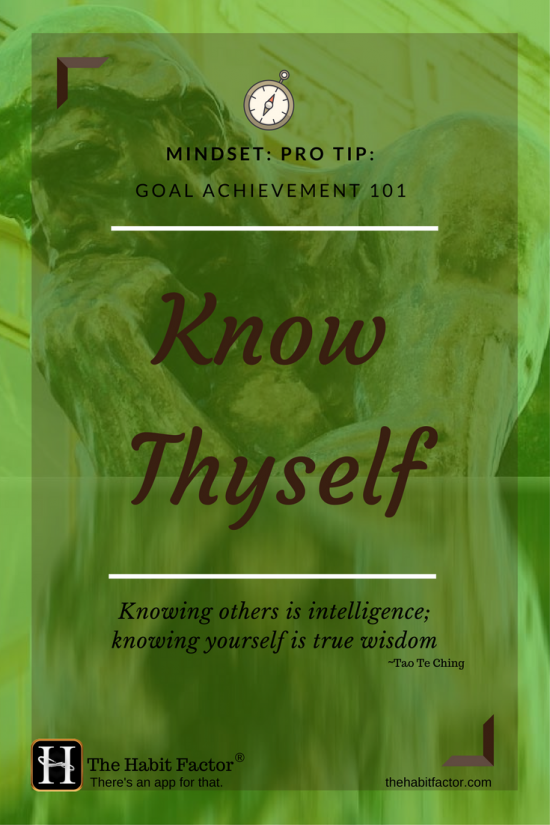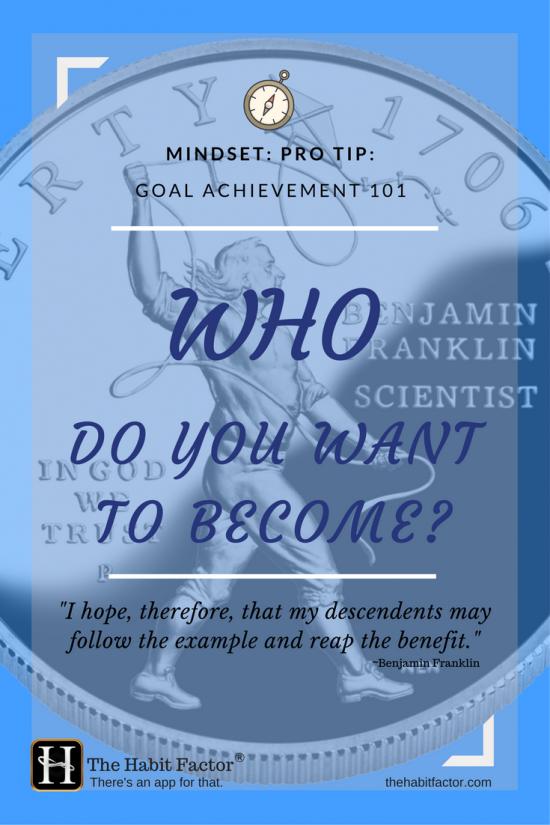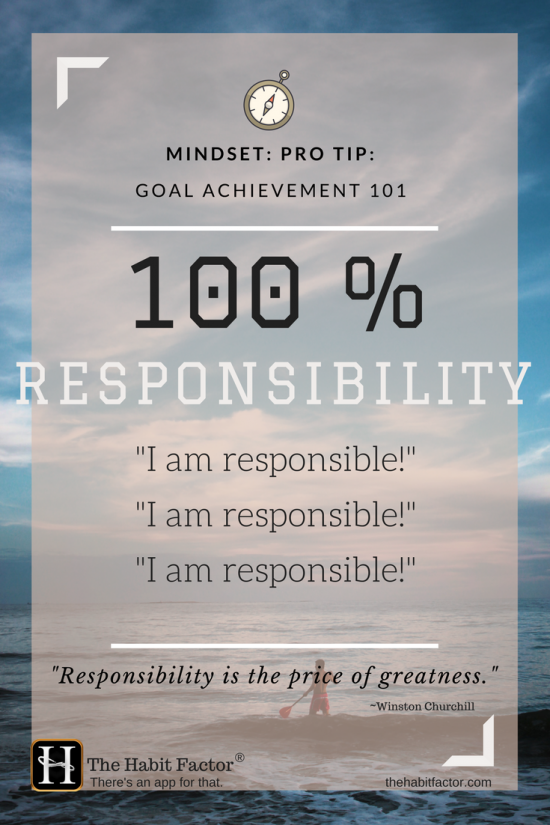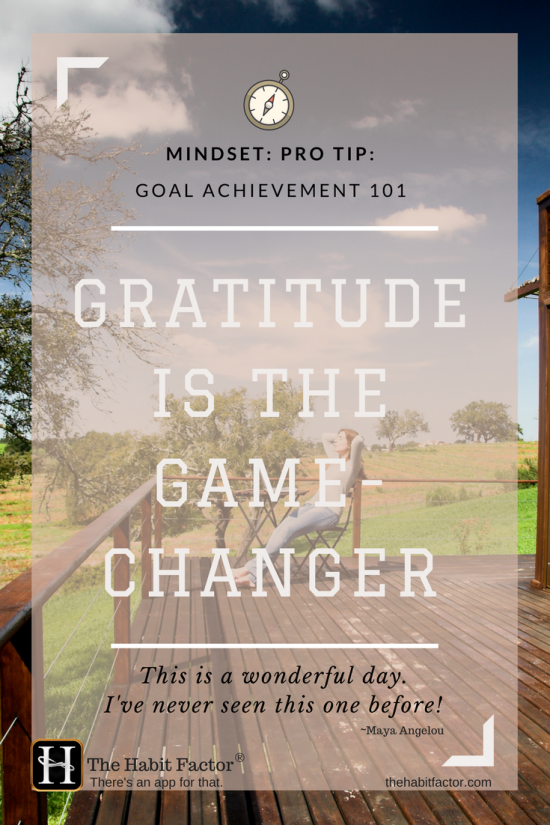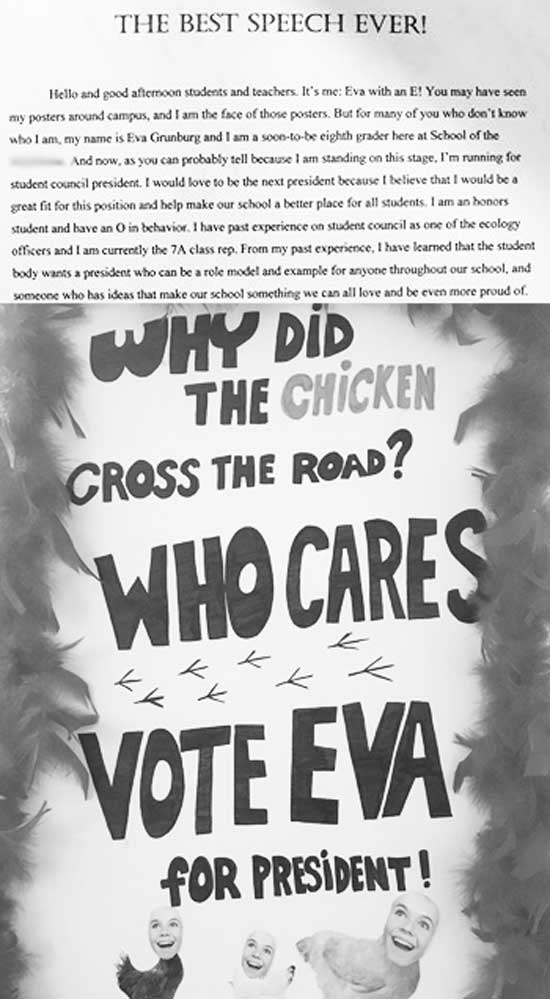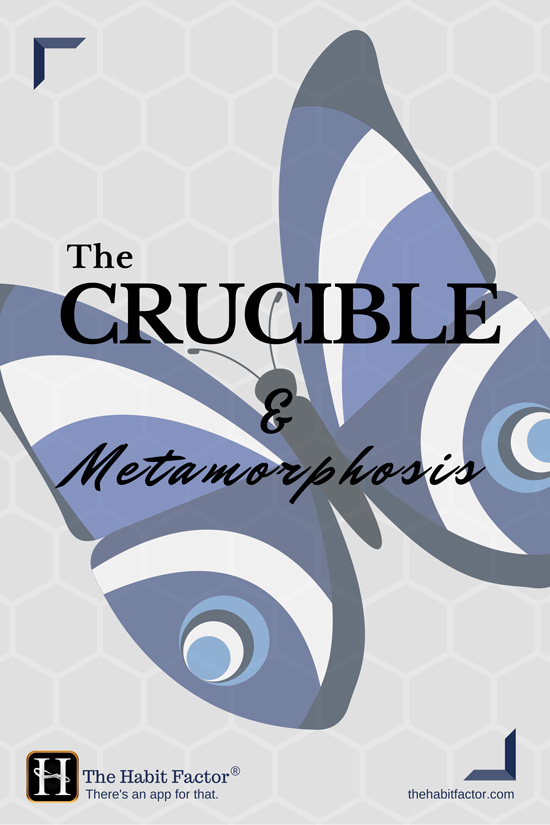
“God changes caterpillars into butterflies, sand into pearls, and coal into diamonds using both time and pressure. He’s working on you too.” ~Rick Warren
By: Martin Grunburg
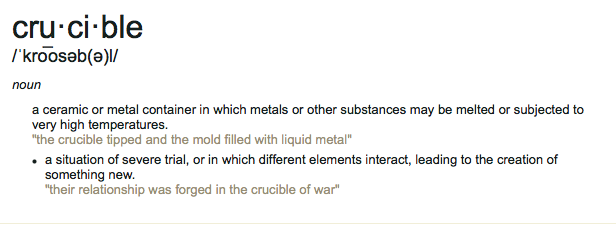
What a fantastic definition of crucible: “A situation of severe trial, or in which different elements interact, leading to the creation of something new.”
Something NEW!
The son of a dear friend of mine recently completed the “Crucible” in the Marines. The Crucible is a test every recruit must go through to become a Marine. It tests every recruit physically, mentally and morally and is the defining experience of recruit training. The Crucible takes place over 54 hours and includes food and sleep deprivation and more than 45 miles of marching.
Now, ask yourself WHY the Marines would put their enlistees through such an extremely difficult situation and test?
Correct: The Marines intent is to create something new, to create a MARINE (not just a soldier).
Whether you’re chasing your dream goal or going through relationship trials (perhaps the #1 source of stress and pressure**), it’s important to take heart in the process — trust that the pressure is guiding you into and through the crucible to something new. These forces and elements are colliding to create something new and better! That is, assuming you are “refracting” properly…
Recall in The Pressure Paradox™ the awareness that we (YOU) can choose to “refract” the stress/pressure you are feeling in a positive light (so to speak), toward hope, belief, faith and love, or you can do the opposite — direct the pressure to a negative, fearful place.
Here’s what that might look like, straight from the book:
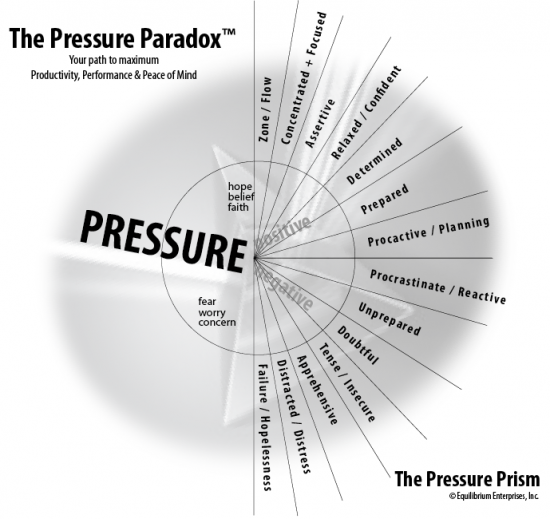
How it all ties together…
Further, The Pressure Paradox™ begins with this powerful quote from Aristotle’s Metaphysics (340BC):
“The entire preoccupation of the physicist is with things that contain within themselves a principle of movement and rest. And to seek for this is to seek for the second kind of principle that from which comes the beginning of the change.”
The beginning of the change!
Stay with me here… ; )
You may recall if you’ve read The Habit Factor® when exactly “the beginning of the change” happened. If not, here’s the scene/excerpt:
EXCERPT:
Before I knew it, years had passed and the event was a
distant memory if it was a memory at all. Then, on my 35th
birthday I found myself performing a “bucket-list” type of
exercise. What experience would I totally regret not doing if
I died tomorrow? That question sparked a most peculiar
answer: the Catalina Classic!
“Are you serious?” I tried to snap myself out of it. “You
don’t even own a paddleboard and you’ve never even
paddled in any event, not one mile, not seven miles, and
definitely not 32 miles! Do you have any idea how much
training you’ll have to do? You don’t have the time for that!
You have a family, business concerns and a host of other
responsibilities.”
However, there it was – undeniable, at the top of the
list. By the way, you know it’s a great goal if the first thing
that happens is you get butterflies and you start making
excuses or trying to rationalize exactly why you can’t do it.
Trust me when I tell you I had seemingly hundreds of
excuses for not trying, but not one good reason.
“If not now, when?” The Catalina Classic had always
been a “someday I’ll give that a try” experience. The
problem was my “somedays” were drying up. This was
clearly an event that favored youth. “Now or never,” I
threatened. “Commit now or forget about it forever!” This
produced a crucible-type moment, a moment I will never
forget.
Before me lay a fundamental decision presenting two
radically different outcomes: I could choose to challenge
myself or I could simply do nothing and remain within my
comfort zone – a path certain to provide no growth.
————————————-
That’s right— without knowing it or fully understanding it at the time, I wrote that this was “a crucible-type” moment.
Hence, it was “the beginning of the change”!
That one event, a collision of ambitions and current “realities,” raised forth a series of events that were, at the time, completely unimaginable — totally unforeseeable!
That “crucible-type” moment, it turns out, is responsible for The Habit Factor (book, app, podcast) and its impact on countless people around the world, not to mention an entire shift in the productivity-app marketplace. Crazy. That one “crucible-type” moment.
Key Takeaways
First, I’m reminded of the great quote by Kierkegaard: “Life can only be understood backwards; but it must be lived forwards.” Long before I studied pressure and wrote The Pressure Paradox™ or even knew it was going to be a book, the idea of pressure as this catalyst for “the change” was taking root.
Second, if you are feeling pressure and/or stress right now, perhaps rather than avoiding it, ask yourself if you can channel it and refract it toward something positive — toward a hopeful, optimistic outcome. What does that vision look like?
Third, perhaps you feel no pressure or stress; you are comfortable (or maybe too comfortable) and you are seeking some kind of change in your life. It’s clear that the change you seek lies dormant within; the catalyst is, and always will be, within you!
Finally, should you find yourself in the midst of a crucible-type moment, as scary as it is, welcome it. After all, it’s just the interaction of different elements at work to produce something new.
Until next week,
~mg
*Marine Crucible: http://recruitparents.com/bootcamp/crucible.asp
**BTW: If you tend to have a recurring theme in your life of relationship “challenges,” then the problem isn’t likely “them,” but rather you. I recommend you read/re-read The 7 Habits of Highly Effective People; you also may find it valuable to check out these past Habits2Goals podcast episodes.
Teamwork makes the Dream Work
7 Habits Refresher Meets The Habit Factor®
